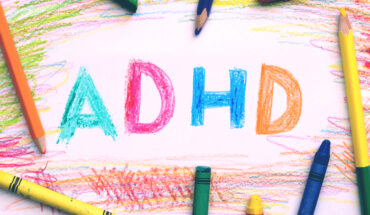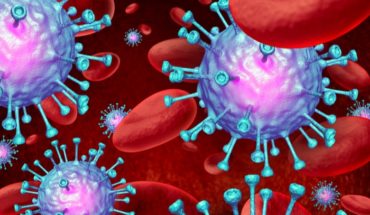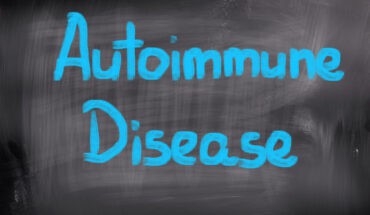Studies show that around 79% of autistic people have mental health issues and rate their anxiety as the number one problem in their lives. 63% meet the criteria for an anxiety disorder. Indeed, the key patient group for child and adolescent psychiatrists is autism.
How can people with a lifelong neurodevelopmental disorder like autism, affecting how they communicate with and experience the world around them, be helped to longer, happier, healthier lives?
Just two drugs, risperidone and aripiprazole are approved for autism, both intended to relieve irritability. A few others treat the comorbidities of attention deficit hyperactivity disorder and epilepsy. But none are satisfactory in treating autism’s core social impairments or repetitive behaviours.
Autism research is today shaped to the needs and views of autistic people and their parents and carers.
Autism research is today shaped by the needs and views of autistic people and their parents and carers.
The focus is on things such as “fear” or “anxiety” rather than medical categories such as autism or epilepsy. Symptom-led rather than classifications.
For autistic people without learning disability, the most frequent cause of death is suicide. 6% succeed in taking their own life. In 2015 the British Journal of Psychiatry published a huge Swedish study on premature death for those with autism – including a review of all suicides to identify those diagnosed or suspected to have autism.
Extracting knowledge from high volume data has great potential to recognise mental health problems. Assistive technology, such as wristbands, can measure whether someone with autism is experiencing a “fight” or “flight” response.
Parents of autistic children may bankrupt themselves – emotionally, financially – for treatments. And siblings tend to suffer from depression. Perhaps family therapy is what is required. The time and emotional pressures are soul destroying. Psychiatry has been called the medical treatment of the soul.
The time and emotional pressures are soul destroying.
Some therapies for vulnerable children rely on superparents. That does not stop us feeling guilty “what did I do wrong”? “Could we have done better?” and “Why me?” It’s ever our dream (or is it nightmare?), that inside every child with autism there’s a child without autism trying to get out.
A recent Canadian study commented on fatigue as a sense of exhaustion that cannot be cured by rest, affecting both mental and physical capacities. (Parental research to-date has focussed on mothers of autistic children.)
Both parents’ rating of general health was linked to their fatigue level. Both reported high levels of psychological distress, poor sleep quality – and also the poor sleep habits of their children. Parents deserve PhDs in patience.
For mothers fatigue levels came from psychological distress; whereas for fathers it was the impact of parenting on their life.
Autism is genetically linked with psychotic disorders.
- To counter that, the Autistica charity recently invited bids to tackle anxiety, depression, ADHD and suicidal thoughts; focussing on under-researched groups, such as autistic women.
- In May 2017, Autistica are hosting the first ever National Suicide Summit in and, ever proactive, are studying the risk factors so as to identify the life events leading people with autism to poor mental health.
- And is funding a study to explore the psychological impact of autism’s stigma on parents (indeed, carers generally).
- An Autism Research Network of researchers, parents and so on will be announced in August 2017.
Each step forward is hard earned by dedicated individuals working in teams.
- Autism: Puberty and sexuality - 4th September 2020
- Update on Autistica - 7th May 2019
- Autistica’s Discover Network - 7th December 2018






